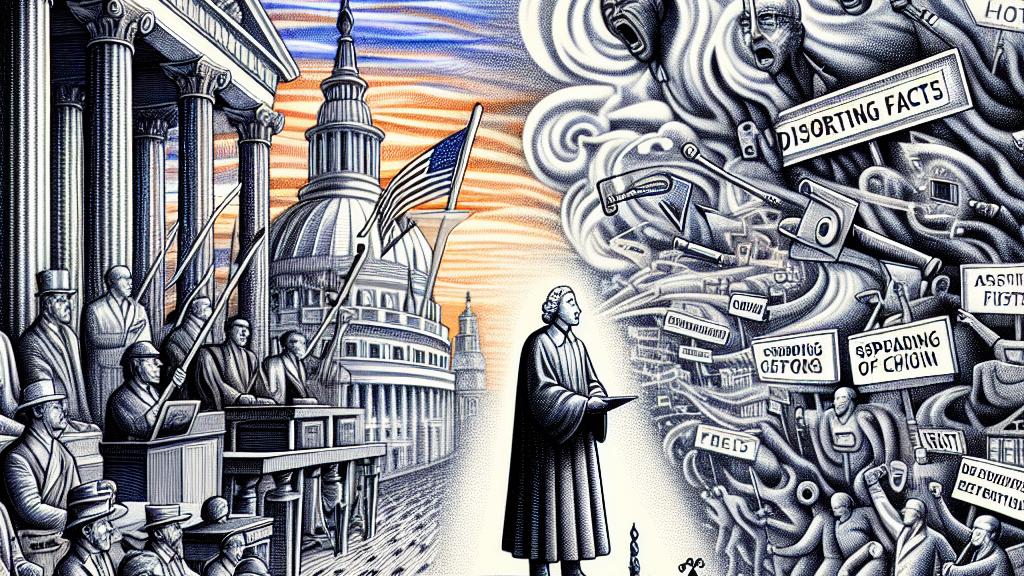Musk vs. Moraes: The Battle to Silence X in Brazil!
Overview
- The Brazilian Supreme Court's suspension of X comes after Elon Musk defies local legislation, highlighting tensions between global corporations and national laws.
- This legal battle raises vital questions regarding digital governance, misinformation, and democratic principles amidst rising political factionalism.
- Protests from Bolsonaro's supporters erupt, revealing deep divisions in Brazilian society on issues of free speech and judicial overreach.

The Controversial Suspension of X
In a landmark decision on August 30, 2024, Brazil's Supreme Court imposed a dramatic suspension of X, the social media platform founded by Elon Musk. This ruling stemmed from X's failure to appoint a legal representative in Brazil, igniting significant debate about the responsibilities of foreign companies operating within national borders. Justice Alexandre de Moraes, who has vigorously investigated the proliferation of misinformation linked to far-right groups supportive of former President Jair Bolsonaro, took this action to protect Brazil's democratic integrity. Notably, these groups had utilized X and similar platforms to propagate false narratives that undermined the 2022 election results, ultimately leading to the January 8 riots in Brasília, where supporters violently stormed federal buildings. The court's decision reflects an urgent need to regulate digital spaces where misinformation thrives, illustrating how online platforms have become battlegrounds for political narratives.
Musk’s Defiant Standoff and Legal Implications
Rather than comply with the court's demands, Musk launched a bold countermeasure, announcing the closure of X's operations in Brazil. He portrayed the court's demands as an attack on free speech, arguing that the legal actions constituted censorship aimed at silencing dissent. In a particularly dramatic response, Musk's global affairs team accused Judge Moraes of issuing threats against their local representatives, hinting at potential arrests if compliance failed. This created a tension-filled atmosphere where both Brazilian law and corporate interests collided. The court's imposition of a staggering 50,000 reals fine for those accessing X via VPN raised critical discussions about the enforcement of such laws in a digital landscape characterized by user mobility and international access. How can Brazil effectively monitor compliance, especially in an era of global digital connectivity? This tension highlights the ongoing struggle between user rights and institutional authority, leaving observers and citizens alike questioning the future of digital governance.
Political Fallout and Public Outcry
The court's suspension ignited passionate protests led by Bolsonaro's supporters, who viewed the ruling as a direct threat to their rights and freedoms. Demonstrations erupted in cities across Brazil, showcasing a stark division within society related to issues of judicial authority and freedom of expression. Critics of Justice Moraes have characterized his methods as an example of judicial overreach, raising alarms about the consolidation of power within the judiciary. In a notable political maneuver, a sweeping impeachment request against Moraes was submitted to the Senate, gathering the support of over 1.4 million citizens—a potent reflection of public outrage. Such developments demonstrate the weight of political implications in Brazil, where the balance between safeguarding democracy and curbing misinformation is fraught with tension. While many users are migrating to alternative platforms like Bluesky, the larger question remains: How will the Brazilian government address the complex interplay between digital rights, political speech, and judicial powers in the months to come?

Loading...